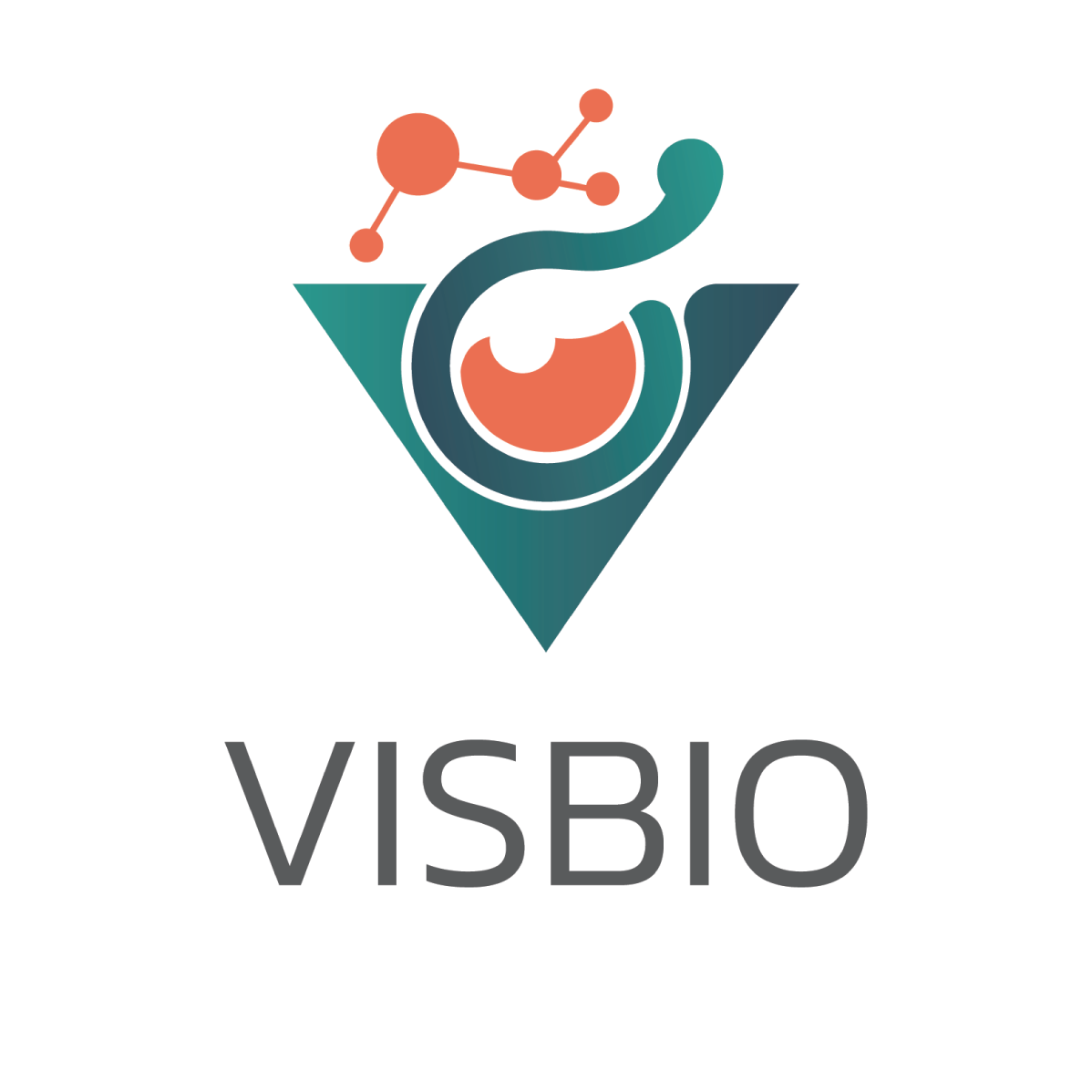
Information on clinical efficacy testing service for the targeted consumers of your products.
VISBIO Co., Ltd. provides research services for assessing the clinical efficacy (Clinical Trial) of various product formats, including food items, dietary supplements, cosmetics, medical devices, herbal products, and medical diagnostic test kits. Our tests involve volunteer groups, typically ranging from 30 to 120 individuals, representative of the target consumer demographic.
Clinical Efficacy Research involves human trials aimed at evaluating specific clinical outcomes using appropriate and rigorous research methodologies. This encompasses assessing both the effectiveness and safety of a product, demanding tailored designs suitable for each health product category. Establishing measurable clinical outcomes necessitates utilizing recognized variables that effectively mirror the product’s performance within a reasonable timeframe.
Clinical Researches
Clinical studies entail assessing efficacy data and ensuring overall product safety in real-world human usage scenarios, representing the most authentic and dependable gauge of a product’s effectiveness. Well-conducted clinical research yields usable and referable information. A properly designed study, employing appropriate methodologies, aims to minimize bias, including confounding factors, and ensures a reliable study process in accordance with Good Clinical Practice (GCP) standards.
Our clinical studies are meticulously designed to establish research methods, identify relevant factors, control confounding variables, and define specific clinical outcomes and adverse events unique to each product. Credible clinical research necessitates expertise in medical research, encompassing aspects related to diseases or bodily abnormalities, mechanisms of action, potential adverse reactions, pharmacokinetics, and pharmacodynamics. The selection of appropriate research methodologies, determining primary clinical outcomes, addressing confounding factors, sample size calculations, statistical analyses, and drawing conclusions from study results require specialized knowledge. All clinical research activities adhere to Good Clinical Practice (GCP) principles and ethical standards in human research, complying with international norms.
The scope and flow of our clinical testing services covers all stages of a research study.
- Advising on suitable clinical research methods to ensure the reliability of data from the researchs.
- Designing research protocols.
- Developing testing methodologies.
- Selection of appropriate research methods.
- Choosing initial, dependent, and control variables.
- Selecting statistical analyses aligned with the nature of the data and research methodology.
- The role of a project leader and overseeing project responsibilities.
- Compiling documents for research ethics review submissions.
- Facilitating the research ethics review process and addressing queries from the Ethics Committee.
- Recruiting and selecting volunteer participants for research initiatives.
- Formulating and creating data collection tools.
- Conducting data collection activities.
- Monitoring both the efficacy and safety outcomes.
- Managing potential adverse reactions effectively.
- Providing information, guidance, and consultations on the product to volunteer participants.
- Coordinating solutions for issues that may arise from product use.
- Validating and analyzing collected data.
- Solving problems that may arise from data analysis.
- Proficiently conducting medical statistical analyses and accurately interpreting results.
- Summarizing and discussing research findings for practical application.
Additionally, we offer in-house training services to educate company personnel on effectively communicating research findings to consumers, ensuring accurate and accessible information dissemination for optimal utilization of acquired insights.
Research into the clinical efficacy of the product. (Clinical Trial)
The Clinical Efficacy Research Study involves a human-centric research process aimed at assessing clinical outcomes using appropriate research methods to evaluate both the effectiveness and safety of a given product. It demands tailored design methodologies for different health product types. Establishing measurable clinical outcomes requires variables that accurately reflect the product’s real-time performance over a reasonable period. These could encompass surrogate or intermediate outcomes as well as final results (clinical endpoints) based on comprehensive knowledge across various disciplines including Clinical Pharmacology, Pharmacognosy, Medical Chemistry, Phytochemistry, Pharmacokinetics, Pharmacodynamics, Pharmacotherapy, Toxicology, Clinical Epidemiology, Disease Diagnosis, and Clinical Statistics. Combining these fields ensures a robust process for data collection and analysis, thereby earning recognition within academic and medical circles as reliable data from well-designed clinical studies.
What are the benefits of testing product clinical efficacy?
- Utilized as guidance for product development Product invention and development process.
- Employed as essential information for enhancing product formulas to bolster efficiency, stability, and specific product attributes or to address issues stemming from the existing formulas.
- Utilized as a source of information for refining product design or usage methodologies.
- Utilized as a reliable reference for confirming efficacy, thereby enabling effective communication of product performance to consumers and aiding marketing efforts.
- Used as medical evidence for product registration or seeking approval for new indications from regulatory bodies like the Food and Drug Administration (FDA), among others.
VISBIO Co., Ltd. boasts specialists in clinical research studies, offering comprehensive research services dedicated to evaluating the clinical efficacy of various products in diverse formats.
The clinical efficacy (clinical trial) of food products
Clinical research studies aim to establish the effectiveness and safety of food products, leveraging expertise in nutritional therapy and the key components in the formula. This involves integrating knowledge of pharmacokinetics, toxicology, and clinical applications to design studies that validate the intended benefits of these products for health and well-being. Furthermore, the resulting test outcomes are used for data analysis and to summarize the study’s findings.

This information can be utilized for publication in academic journals, conveying confirmed efficacy to consumers, and serving as supporting documents for product registration. It also involves managing any adverse reactions that may arise from product usage, enabling the use of information to further enhance and develop products.
The clinical efficacy (clinical trial) of dietary supplements

Clinical research studies aim to demonstrate the effectiveness and safety of dietary supplements. These studies rely on knowledge of pharmacology or phytochemicals present in the main ingredients of the formula, along with information on pharmacokinetic properties, toxicology, and clinical use.
These studies help design research aimed at demonstrating the effectiveness of dietary supplements, ensuring they are suitable for health care and/or health promotion purposes. Furthermore, the reported test results can be analyzed and summarized for publication in academic journals, communication of proven efficacy to consumers, and as supportive documents for product registration. This process also involves managing potential adverse reactions that might arise from product usage, aiding in the continuous improvement and development of products.
The clinical efficacy (clinical trial) of cosmetic products.
Clinical studies aimed at establishing the efficacy and safety of cosmetic products leverage a thorough understanding of the pharmacology of the key components in cosmetic formulas. This includes insights into pharmacokinetic properties, toxicology, and clinical usage. These studies are instrumental in designing research protocols that substantiate the effectiveness of cosmetic products, ensuring they align with their intended purpose. Subsequently, data analysis and result summarization form an integral part of the study process.

This information is intended for publication, consumer communication, or as supporting documentation for product registration. This includes the management of potential adverse reactions that may arise from product use, aiming to leverage this information for continuous product improvement and development.
The clinical efficacy (clinical trial) of medical device products.
Clinical research studies aim to validate the efficiency, effectiveness, safety, and user satisfaction of medical device products. This is achieved by comparing them with the current standard treatment methods (standard of care) that are widely accepted. This research is based on an understanding of the pathophysiology of each specific disease or disorder, allowing for an assessment of the product’s efficacy and suitability for its intended purpose. Subsequently, data analysis and result summarization are conducted.

For communicating verified efficacy information to actual patients or as supporting documentation for product registration, including addressing any drawbacks discovered during product use, and for facilitating further improvements in product development.
The clinical efficacy (clinical trial) of herbal medicine.

Objective clinical research studies to establish the effectiveness and safety of herbal products based on an understanding of the phytochemistry of the primary active compounds within each herb.
Integrating pharmacological effects, pharmacokinetic properties, toxicology information, and clinical application, these aspects are pivotal in formulating research studies validating the efficacy of herbal products for specific purposes or indications. Subsequently, data analysis and result summaries follow. The obtained insights are valuable for publication in academic journals or as supporting documents for herbal product registrations. Additionally, it includes managing any encountered adverse reactions from product usage and collecting safety data. These findings serve to refine and advance product development.
The clinical efficacy (clinical trial) of diagnostic kit.
Clinical research studies aim to establish the efficiency and accuracy of medical diagnostic test kits, specifically evaluating their specificity and sensitivity in comparison with the current gold-standard diagnostic methods accepted within the medical field. This assessment is conducted based on the pathophysiology and pathogenesis of each disease or disorder under analysis, ensuring the diagnostic test kits’ efficacy aligns with the specific characteristics of the condition. Subsequently, the data is analyzed, and study results are summarized.

For educational purposes, publication in academic journals, communication of verified efficacy data to patients, and as supporting documentation for product registration. Additionally, it serves as a tool to enhance and further develop products.


